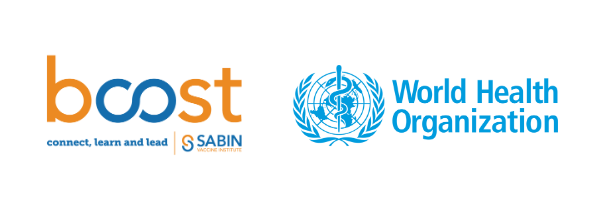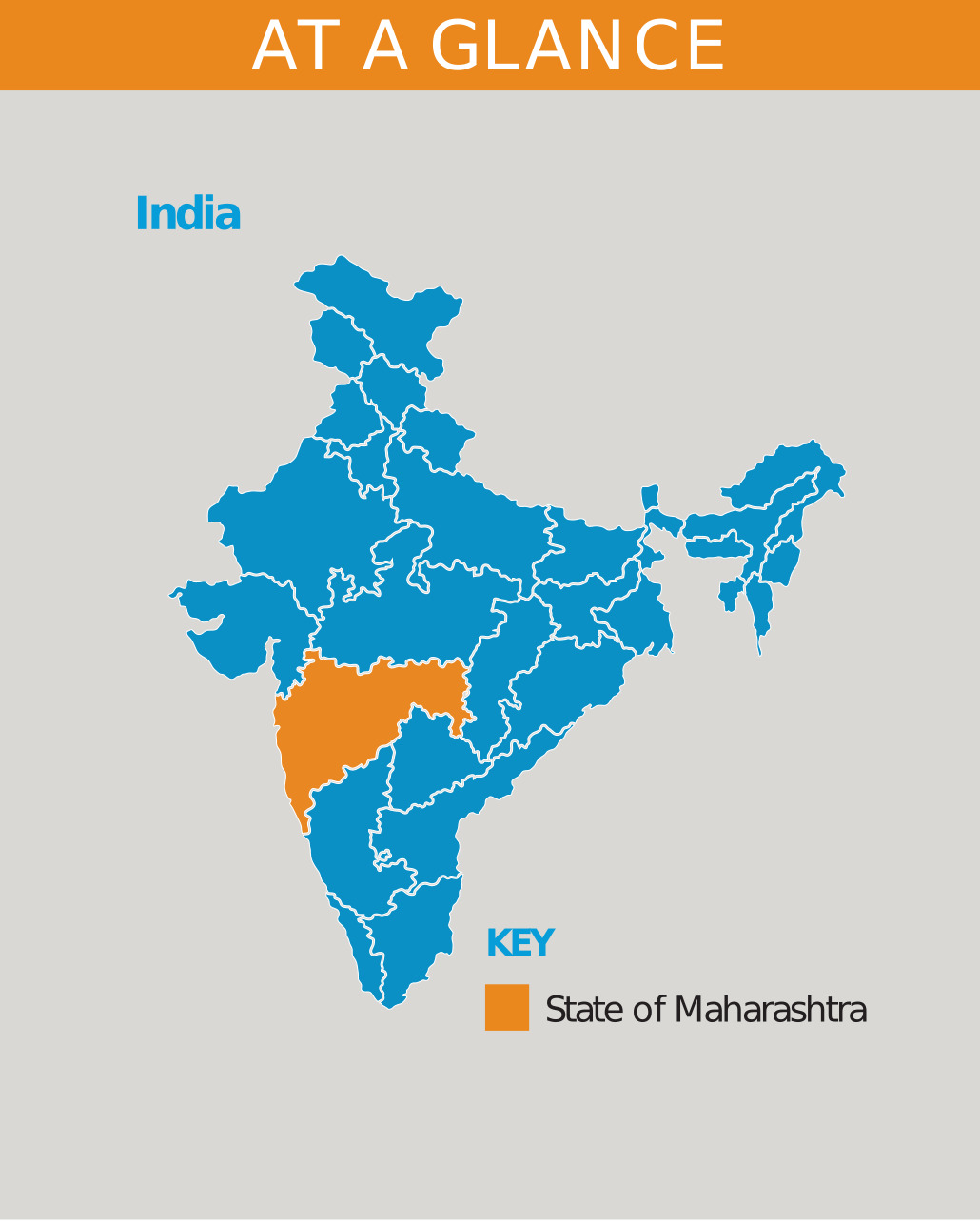Re-envisioning the Future of Immunization in Mumbai
In May 2022, Sabin’s Boost Community and the World Health Organization (WHO) launched the first cohort of the "COVID-19 Recovery for Routine Immunization Programs Fellowship". The aim of this program was to strengthen the capacity of national and sub-national immunization professionals to plan and implement immunization programming during the COVID-19 recovery period, with the ultimate goal of reversing the declining rates of immunization coverage. After an intensive live engagement series, Fellows were tasked with drafting their own strategic proposal for implementation or case study for publication. This series of Bright Spots share Fellows' key learnings and takeaways from the program.
India is committed to promoting equitable access to healthcare for all in urban areas. Through its National Urban Health Mission (NUHM), it has been focusing on urban immunization especially for marginalized communities living in urban areas. When COVID-19 broke out, all healthcare efforts were directed towards containing the virus, which significantly impacted routine immunization worldwide. India was not spared by the pandemic.
Mumbai is the capital city of the Indian state of Maharashtra. As India’s wealthiest city, it is home to an elite and affluent population, but also a large majority of low-income residents, meaning that it suffers from overcrowding and constant migration within and out of the city. Several of the city’s dwellers live in transient poor urban communities. A joint WHO/UNICEF and India Health Management Systems (HMIS) report indicates declines in immunization coverage of Diphtheria Pertussis Tetanus containing vaccine first dose (DTPCV1) by over 10% between 2019 and 2021.
While the rest of India restarted routine immunization in June 2020, Mumbai did not start recovery efforts until July 2020 as it had been severely hit by the pandemic and resulting restrictions and health system redirections. Unfortunately, the recovery efforts didn’t last long as a second wave of COVID-19 hit, further hampering vaccination progress. Consequently, DTPCV1 coverage in Mumbai dropped from 88% in 2019 to 76% in 2021.
When routine immunization finally resumed normalcy in Mumbai, the fluidity of the population made it difficult for effective and efficient immunization to be administered to all children. COVID-19 had also left many parents fearful of infection which made them vaccine hesitant, increasing the number of partially immunized children. Additionally, parents whose children were born in the thick of the pandemic forgot or were disconnected from immunization services, even after the pandemic, leading to the increase in zero-dose children.
This situation was familiar to Dr. Meeta Vashi, a Surveillance Medical Officer at the World Health Organization (WHO) Country Office based in Mumbai. In over 20 years of experience working in immunization across India’s culturally rich and diverse regions of Maharashtra, Madhya Pradesh Gujarat, Uttar Pradesh and Punjab, Dr. Meeta Vashi had witnessed high rates of vaccine hesitancy and many incidences of zero-dose children.
Reasons for not receiving first dose DPT, as reported by parents of zero-dose children, Mumbai, 2022
Vaccine Hesitancy (Refusals)
Awareness & Information Gap
Operational
AEFI Apprehension
Others
Child Travelling
Equipped with technical expertise and financial support from the fellowship, she hit the ground running. To begin, Meeta trained 24 Immunization Field Volunteers (IFV) who identified zero-dose children between 4 months to 5 years through house-to-house immunization visits. Besides the IFV, four paramedical graduates with interest in public health were recruited as external monitors to conduct parental interviews and investigate their reasons for not vaccinating their children. These monitors went a step further to educate the people on the power of vaccines in disease prevention thus alleviating their worries regarding vaccines.
From these efforts, it became apparent that the majority of the parents did not have enough information about vaccination. Seventy-five percent of zero-dose children identified were born in a hospital and had only received their birth dose. On the other hand, children who had been taken to private hospitals had a higher rate of missed opportunities for vaccination. These examples pointed to an existing gap between hospitals and the public health sector regarding care. To address this gap, parents were informed of vaccination centers and health posts near them where they could continue receiving vaccines for free.
Having uncovered the root cause of zero-dosing and vaccine hesitancy, Meeta organized a routine immunization restoration program. At the top of her mind were Mumbai’s most marginalized communities. To reach them, Meeta and her team utilized guidelines of India’s powerful Intensified Mission Indradhanush programme.
Indradhanush means Rainbow. Mission lndradhanush is a flagship programme of Government of India which aims at increasing the full immunization coverage of children across the country. Intensified Mission Indradhanush was launched by the Prime Minister of India in October 2017, with the aim of rapidly boosting and sustaining full immunization coverage.
The approach dedicates seven days in a week (as there are seven colors in a rainbow) for an immunization catch up campaign. In these seven days, extensive outreach is conducted to look for all the communities that might not have been included in routine immunization. Using this technique, dropouts who had been identified along pavements, construction sites, labor sites, and other high risk areas were vaccinated and admitted to the regular routine immunization coverage.
These efforts paid off significantly. Over 50% of the zero-dose children identified by the monitors became vaccinated and the numbers kept increasing with each follow-up visit. As a direct result of these visits, 88% of residential sites were included in the routine immunization micro- plans and distances to the immunization sessions streamlined to less than 1 km for the vast majority of area residents (94%). Meeta and her team arranged follow-up visits on zero-dose children to ensure the effectiveness of the recovery program and ascertain full immunization uptake was conducted at the beginning of 2023.
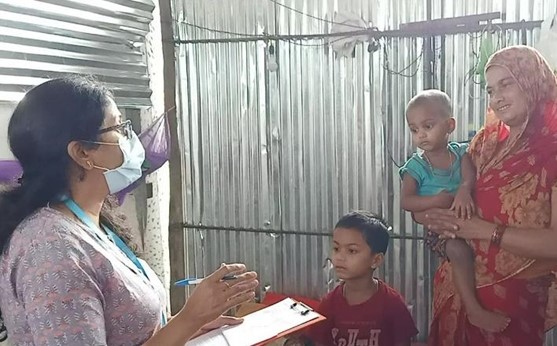
Despite remarkable success in identifying zero-dose children and reducing information gaps in Mumbai, Meeta acknowledges a heightened need to bring private health facilities into the immunization conversation, in order to ensure that India’s pillar on access to equitable healthcare is realized regardless of the facilities parents seek health services from.
She understands that full restoration of routine immunization cannot be achieved in isolation. To strengthen this process beyond the period of study, Meeta advocated for sub district level task force in addition to City task force held at Mumbai district level. Mumbai Municipal corporation constituted block task forces at all 24 sub district wards which comprise of Community Based Organizations (CBOs), Non-Governmental Organizations (NGOs) and social, medical and religious influencers which take part in the implementation of routine immunization and inform the team on how they can spread awareness to ensure inclusion of communities irrespective of their locations.
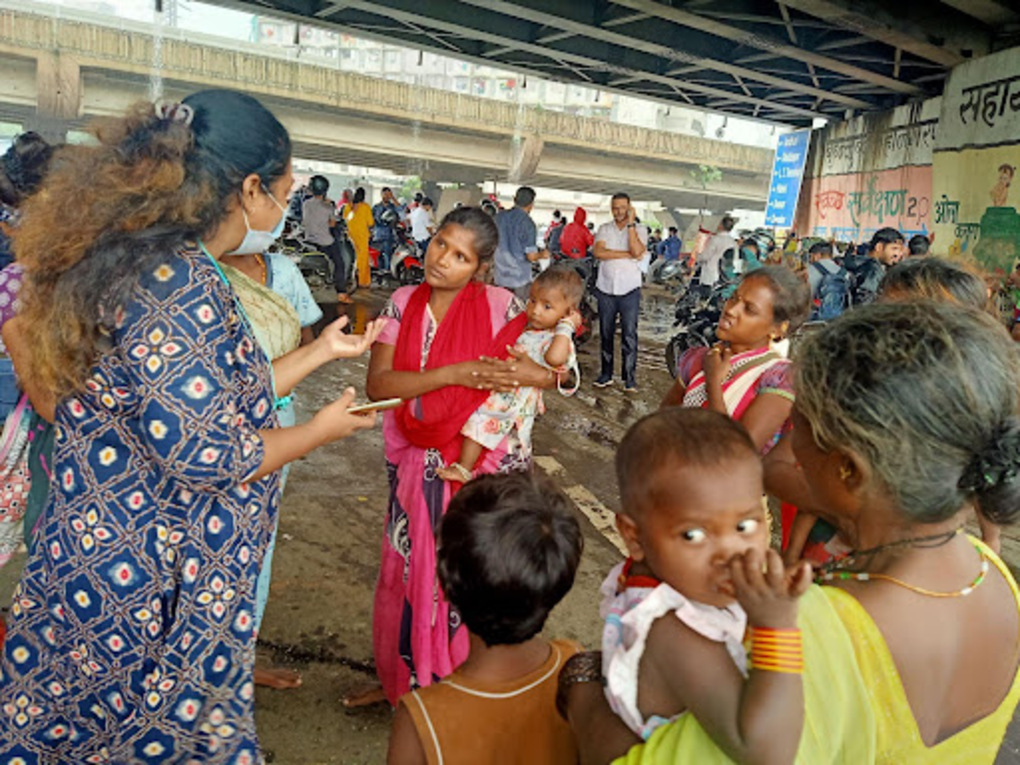
“The future of immunization will increasingly be based on convergence and integration with stakeholders within and beyond health.” Meeta shared with conviction.
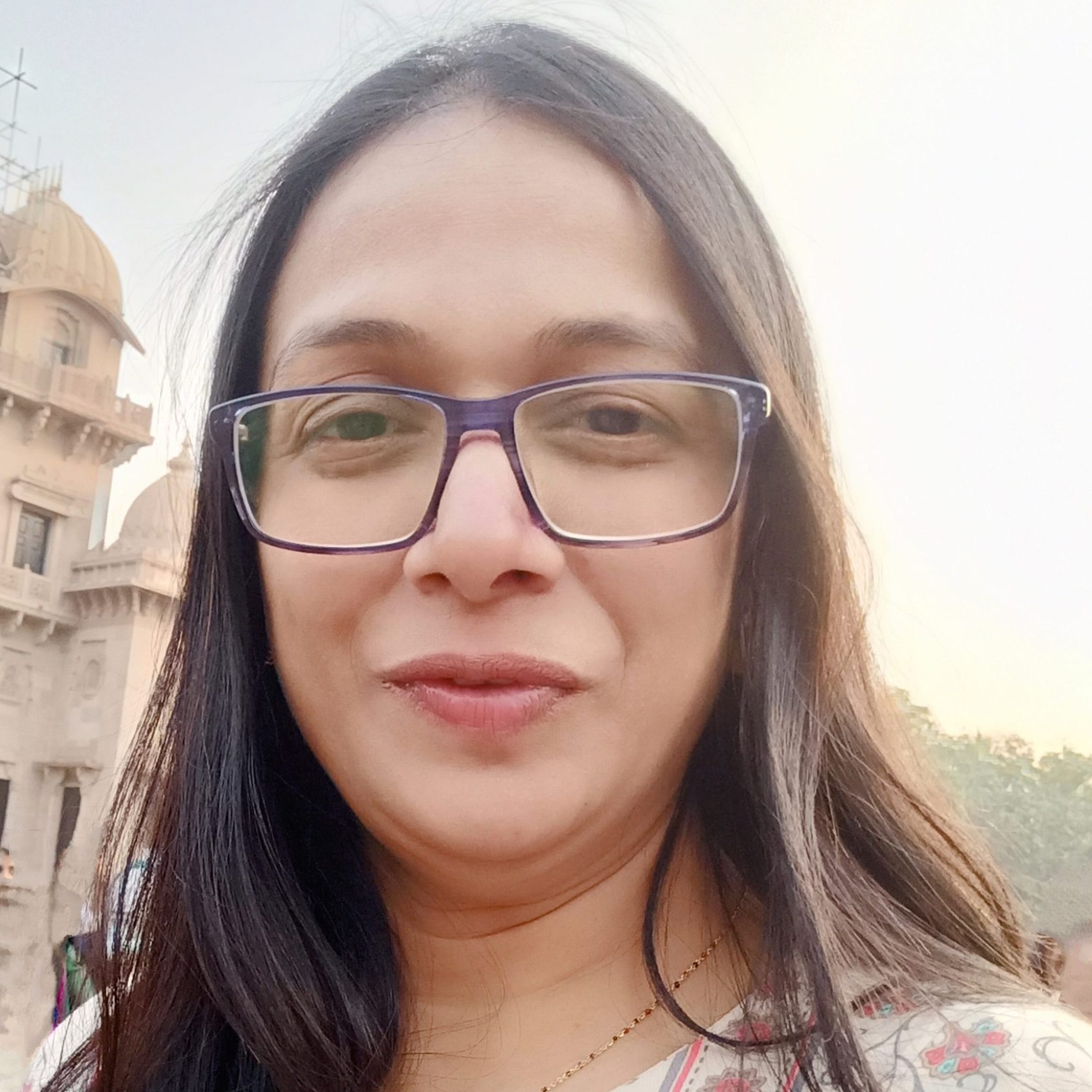
2022 Fellow & Contributor
Dr. Meeta Vashi is a Surveillance Medical Officer at the World Health Organization (WHO) Country Office in Mumbai. As a Surveillance Officer, she offers technical support to the Indian government through capacity building and monitoring support for effective immunization. Her interest in participating in the Fellowship was to learn new strategies for strengthening routine immunization by engaging with technical experts from organizations with deep expertise. She appreciated the online learning schedule which encouraged new and flexible ways of thinking and proposal development.
